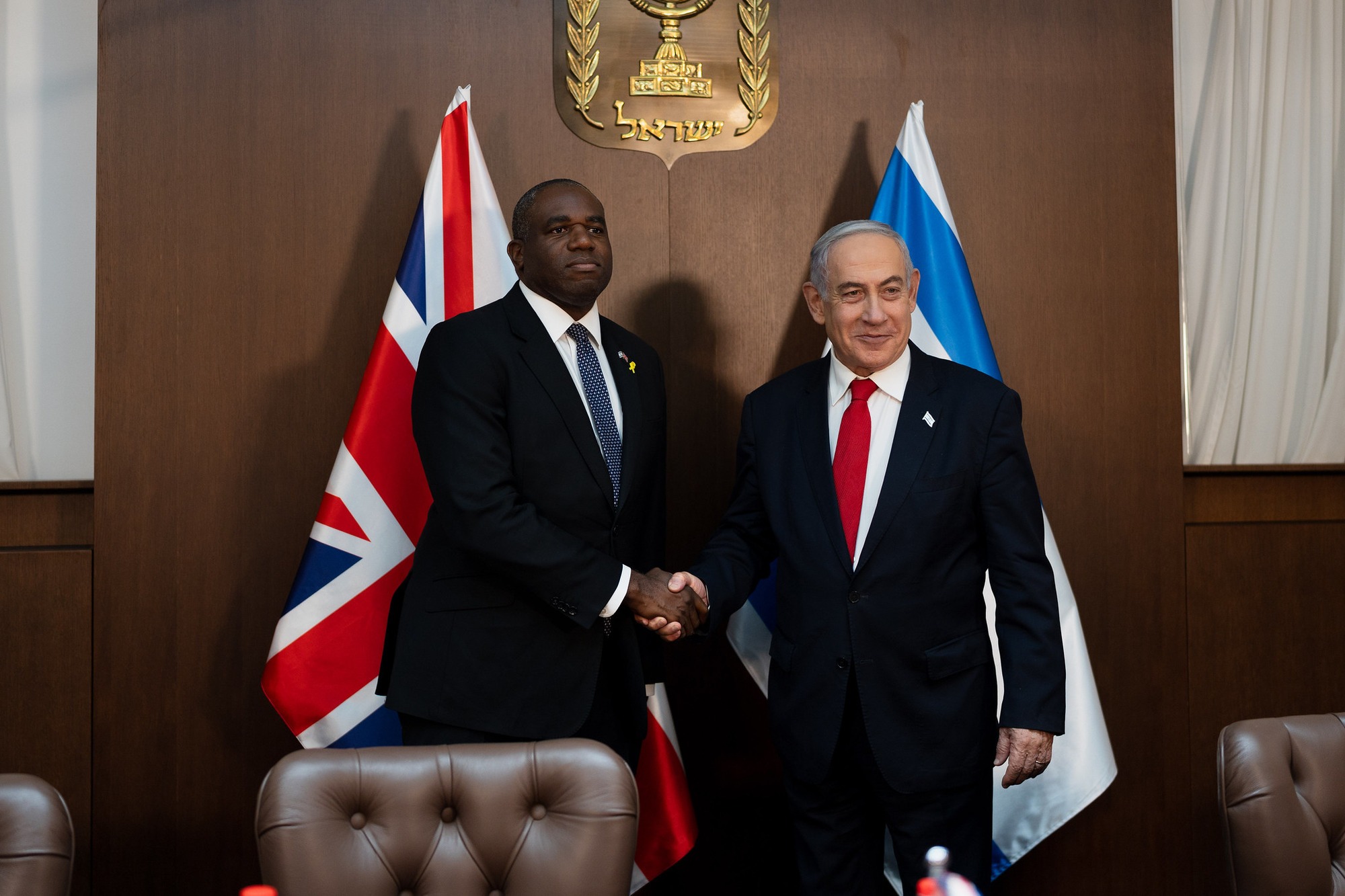Research sanctions floated amid continuing UK-Israel academic ties
There have been calls for Sir Keir Starmer to sanction Israel in the form of a research boycott amid the ongoing humanitarian crisis in Gaza.
Israel has been subject to immense condemnation due to its actions in the Gaza Strip, where it has escalated military action and enacted a humanitarian blockade, denying food supplies to civilians.
Starmer, in a joint statement with the leaders of France and Canada in May, said that the blockade was “unacceptable and risks breaching humanitarian law”, and that if Israel doesn’t “cease the renewed military offensive and lift its restrictions on humanitarian aid” then “targeted sanctions” would be the response.
[UK-Israel research] ties have been extensive for a number of years, with a £20 million framework for ties in research and development agreed in 2023
Some have suggested that one of these sanctions should be the boycotting of any research ties that the UK currently shares with Israel.
These ties have been extensive for a number of years, with a £20 million framework for ties in research and development agreed in 2023.
The EU is currently considering removing Israel from its Horizon Europe scheme – a €93 billion research and development programme – while some, such as Alison Phipps, believe that the UK should take similar action.
Phipps is the UNESCO Chair in Refugee Integration through Languages and the Arts at the University of Glasgow, and has said that if a ban on new jointly funded research “helps to stop the suffering in Gaza, then we should do it”.
She suggested that any lost projects would be worth it if it would help lift the blockade.
The Department for Science, Innovation and Technology has said that it would be against data protection laws to release information about which UK-Israeli projects received ISPF funding
Phipps spoke of the fact that Israel receives funding from the International Science Partnership Fund (ISPF), run by the UK Department of Science, Innovation and Technology, and said that more transparency is needed from them over whether the research money is being used in illegally occupied territories, which would be a breach of international law.
Rosa Freedman, Professor of Law, Conflict, and Global Development at the University of Reading,suggested however that Israeli academics do not necessarily represent their government, as over 1,300 of them have called for an end to the war in Gaza in a letter signed in May.
The Department for Science, Innovation and Technology has said that it would be against data protection laws to release information about which UK-Israeli projects received ISPF funding, and that research collaboration between the UK and Israel through the ISPF produces results beneficial for everyone, such as “using AI to discover new drugs”.

Comments